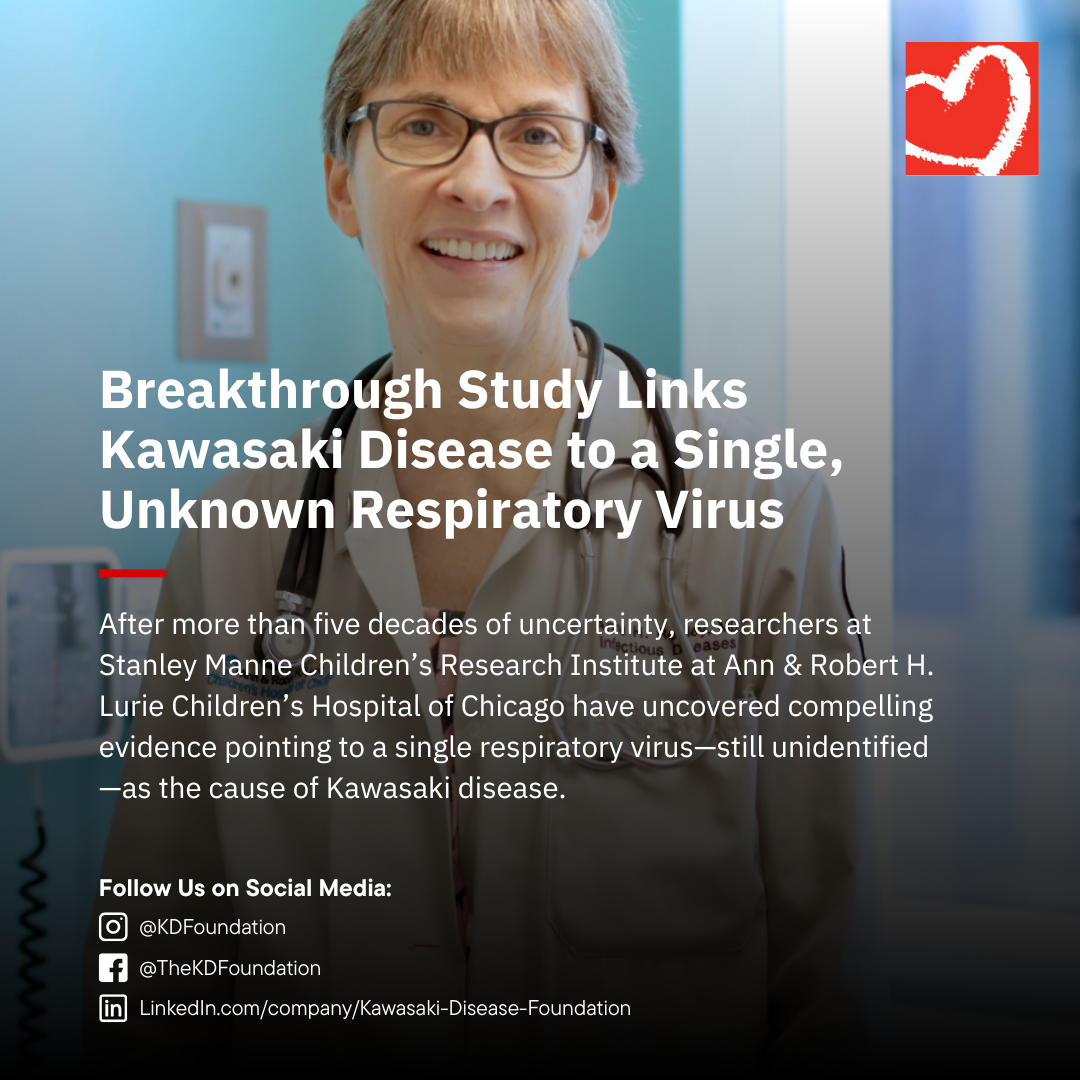
Breakthrough Study Links Kawasaki Disease to a Single, Unknown Respiratory Virus
After more than five decades of uncertainty, researchers at Stanley Manne Children’s Research Institute at Ann & Robert H. Lurie Children’s Hospital of Chicago have uncovered compelling evidence pointing to a single respiratory virus—still unidentified—as the cause of Kawasaki disease. This marks a major shift in scientific understanding of the illness, challenging the long-held theory that Kawasaki disease may result from various infectious agents or environmental toxins. The findings, published in Laboratory Investigation, are being hailed as a significant step toward solving one of pediatric medicine’s most enduring mysteries.
Led by Dr. Anne Rowley, a renowned pediatric infectious disease specialist, the research team used antibodies from children with Kawasaki disease to analyze tissue samples from patients spanning 50 years and two continents. The results were striking: in every sample, the antibodies consistently targeted inclusion bodies—markers of viral infection—within the respiratory tract. These findings strongly suggest a single, predominant respiratory virus as the underlying cause, offering a critical lead for future studies focused on identifying the virus and developing diagnostic tools.
Kawasaki disease primarily affects children under five and is a leading cause of acquired heart disease in children in developed countries. There is currently no diagnostic test for the condition, which makes timely recognition and treatment essential. Dr. Rowley’s research brings renewed hope to families and clinicians alike, as it charts a promising course toward earlier detection, more targeted treatments, and ultimately, prevention.
